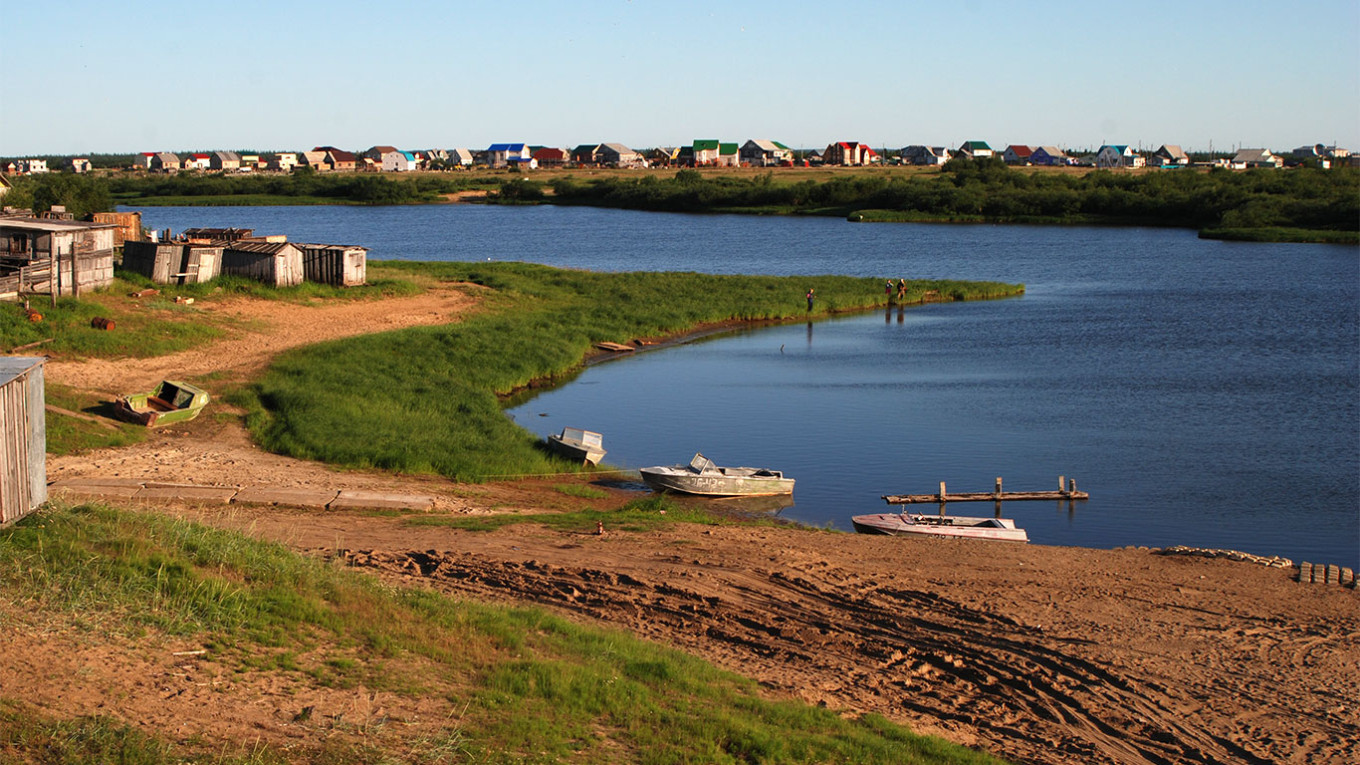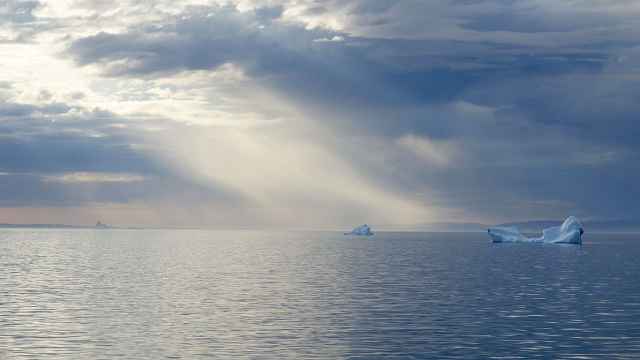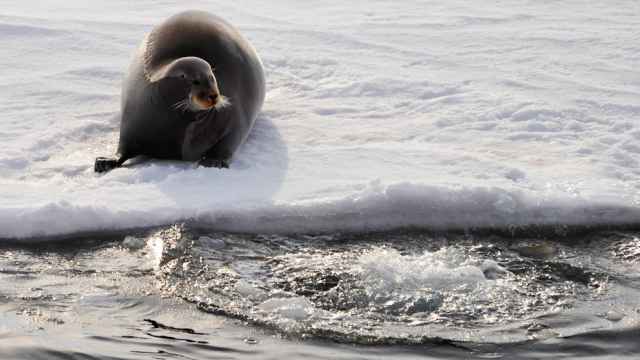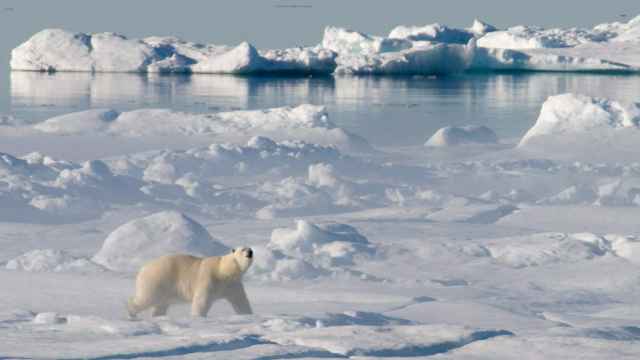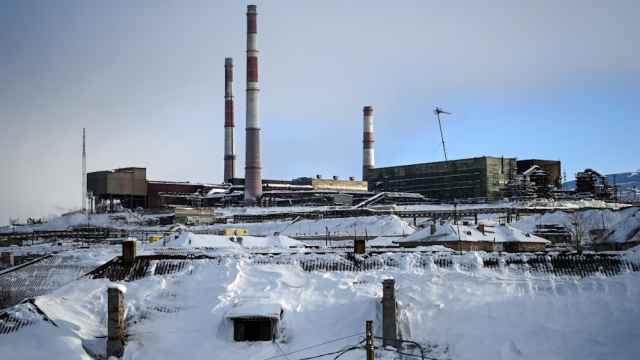Russia’s far northwestern regions witnessed a surge in warm weather in July, with air temperatures soaring 3-4 degrees Celsius above average, according to Tatyana Pozdnyakova, the chief meteorologist at the Meteonovosti news agency.
Naryan-Mar, the administrative center of the Nenets autonomous district in the Arctic, saw temperatures rise to 31.6 C on July 31, breaking the previous record high of 31 C set in 2010.
In Vorkuta, another city beyond the Arctic Circle and situated in Russia’s republic of Komi, air temperatures exceeded 27 C, the highest level since 1993.
The high temperatures continued into August, with Naryan-Mar recording 30.2 C and Vorkuta measuring 24.1 C on Tuesday.
Pozdnyakova said July’s historic heat in some of Russia’s Arctic regions was caused by a warm front pushed in from Kazakhstan.
Meanwhile, a different trend was taking shape in parts of Russia’s Far East, where temperatures in some towns saw record lows.
In Srednekolymsk, located in the republic of Sakha, temperatures fell to a record low of minus 0.3 C on July 31.
According to Meteonovosti, even in Russia’s far northern regions, negative departures are unusual for the month of July.
Climate scientists say that heat waves have become more frequent and intense as a result of human-induced climate change.
However, historic low temperatures can still be recorded, but with reduced frequency and duration, according to Roshydromet, Russia’s state meteorological service.
Russia, the world's fourth-largest emitter of greenhouse gases, is experiencing a rise in temperatures twice as fast as the world as a whole, Roshydromet says, with warming taking place in all seasons of the year.
In Russia's Siberian and Arctic regions, these warming temperatures have contributed to permafrost melt, which releases potent greenhouse gases into the atmosphere and damages infrastructure.
Globally, July 2023 is expected to be the world’s hottest month on record.
A Message from The Moscow Times:
Dear readers,
We are facing unprecedented challenges. Russia's Prosecutor General's Office has designated The Moscow Times as an "undesirable" organization, criminalizing our work and putting our staff at risk of prosecution. This follows our earlier unjust labeling as a "foreign agent."
These actions are direct attempts to silence independent journalism in Russia. The authorities claim our work "discredits the decisions of the Russian leadership." We see things differently: we strive to provide accurate, unbiased reporting on Russia.
We, the journalists of The Moscow Times, refuse to be silenced. But to continue our work, we need your help.
Your support, no matter how small, makes a world of difference. If you can, please support us monthly starting from just $2. It's quick to set up, and every contribution makes a significant impact.
By supporting The Moscow Times, you're defending open, independent journalism in the face of repression. Thank you for standing with us.
Remind me later.


